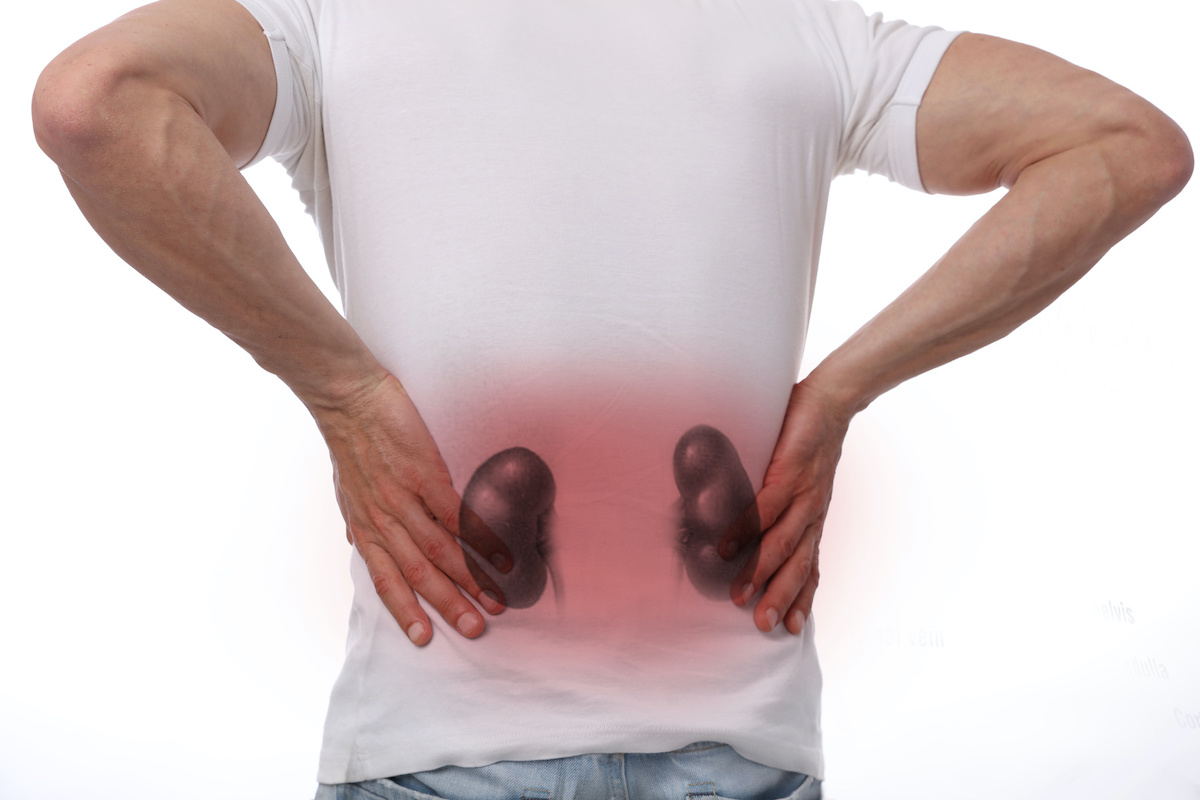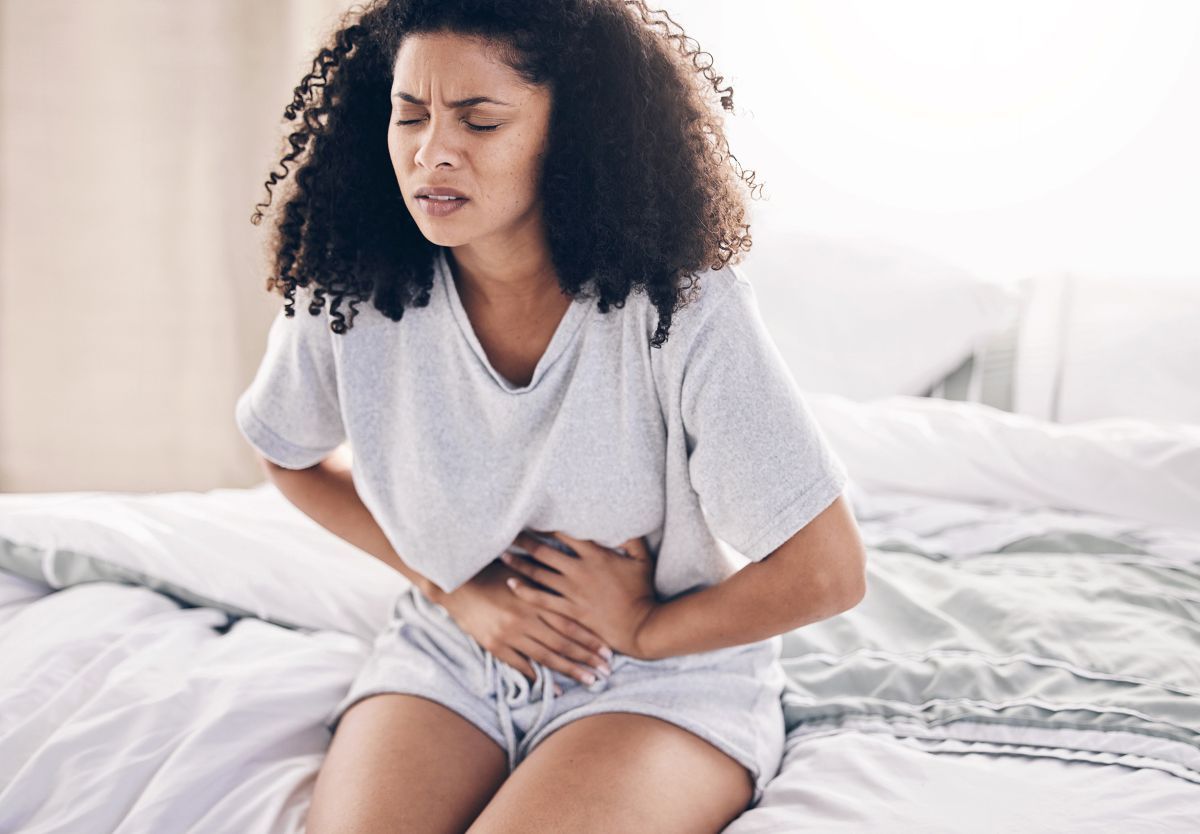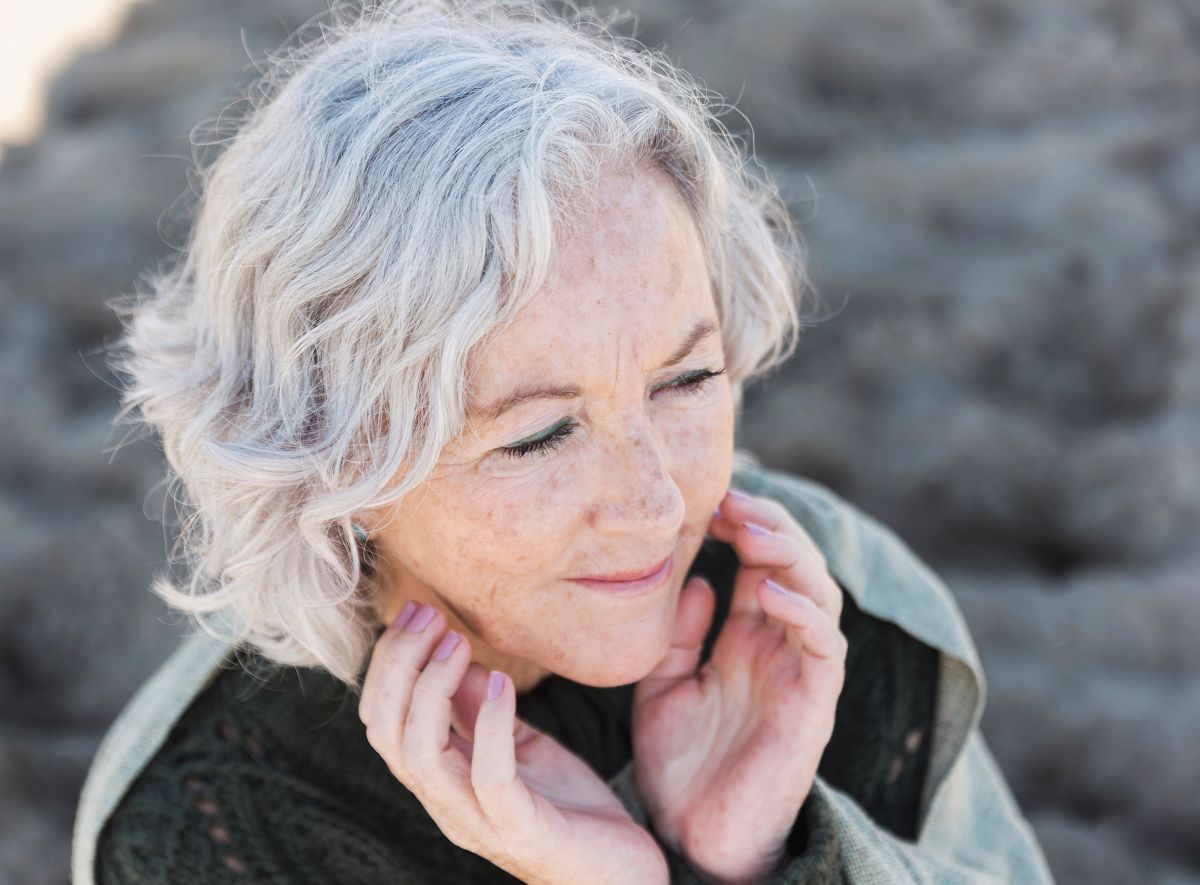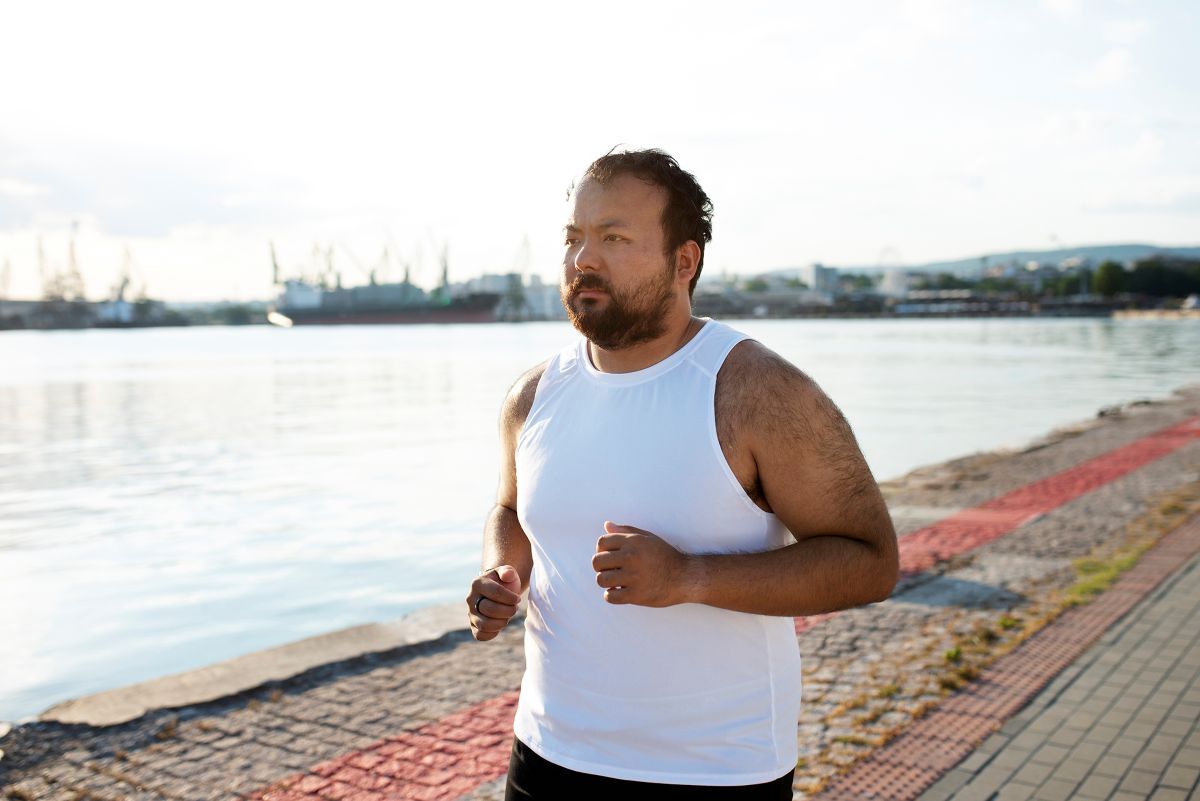
Start with a glass of water
Anyone who has ever had a kidney stone surely remembers it. The pain can be unbearable, coming in waves until the stone becomes unstuck and passes. In about half of people who have had one, kidney stones strike again within seven years—unless something is done to prevent them.
Saunas, hot yoga and heavy exercise may be good for your health, but they also may lead to kidney stones. Why? Loss of water through sweating—whether due to these activities or just the heat of summer—leads to less urine production. The more you sweat, the less you urinate, which allows for stone-causing minerals to settle and bond in the kidneys and urinary tract.
If you have already had kidney stones, ask your health care professional which type of kidney stone you had. Based on the type of kidney stone you had, you may be able to prevent kidney stones by making changes in how much sodium, animal protein, calcium, or oxalate is in the food you eat.
You may need to change what you eat and drink for these types of kidney stones:
- Calcium Oxalate Stones
- Calcium Phosphate Stones
- Uric Acid Stones
- Cystine Stones
A dietitian who specializes in kidney stone prevention can help you plan meals to prevent kidney stones.
One of the best measures you can take to avoid kidney stones is to drink plenty of water, leading you to urinate a lot. So, be sure to keep well hydrated, especially when engaging in exercise or activities that cause a lot of sweating.
There are many things the stone-prone can do to protect themselves. Losing weight if you are overweight is especially important for people who have had uric acid stones.
Here are core self-help steps for preventing kidney stones:
- Drink plenty of water: Drinking extra water dilutes the substances in urine that lead to stones.
- Avoid stone-forming foods: Beets, chocolate, spinach, rhubarb, almonds, Miso and tea can contribute to kidney stones. If you suffer from stones, your doctor may advise you to avoid these foods or to consume them in smaller amounts.
- Maintain calcium intake: Even though calcium sounds like it would be the cause of calcium stones, it’s not. In the right amounts, calcium can block other substances in the digestive tract that may cause stones. Talk with a health care professional about how much calcium you should eat to help prevent getting more calcium oxalate stones and to support strong bones. It may be best to get calcium from low-oxalate, plant-based foods such as calcium-fortified juices, cereals, breads, some kinds of vegetables, and some types of beans.
- Reduce sodium: Your chance of developing kidney stones increases when you eat more sodium. Sodium is a part of salt. Sodium is in many canned, packaged, and fast foods. It is also in many condiments, seasonings, and meats.
- Limit animal protein: Although you may need to limit how much animal protein you eat each day, you still need to make sure you get enough protein. Consider replacing some of the meat and animal protein you would typically eat with beans, dried peas, and lentils, which are plant-based foods that are high in protein and low in oxalate. Talk with a health care professional about how much total protein you should eat and how much should come from animal or plant-based foods.
- Ask a dietitian about taking your correct vitamin supplements
- Always eat your recommended fruits and veggies
- Avoid sugary drinks
Sources: https://www.kidney.org/kidney-topics/six-easy-ways-to-prevent-kidney-stones; https://aglab.ars.usda.gov/explore-learn/taking-the-ouch-out-of-oxalate#; https://www.niddk.nih.gov/health-information/urologic-diseases/kidney-stones/eating-diet-nutrition.










